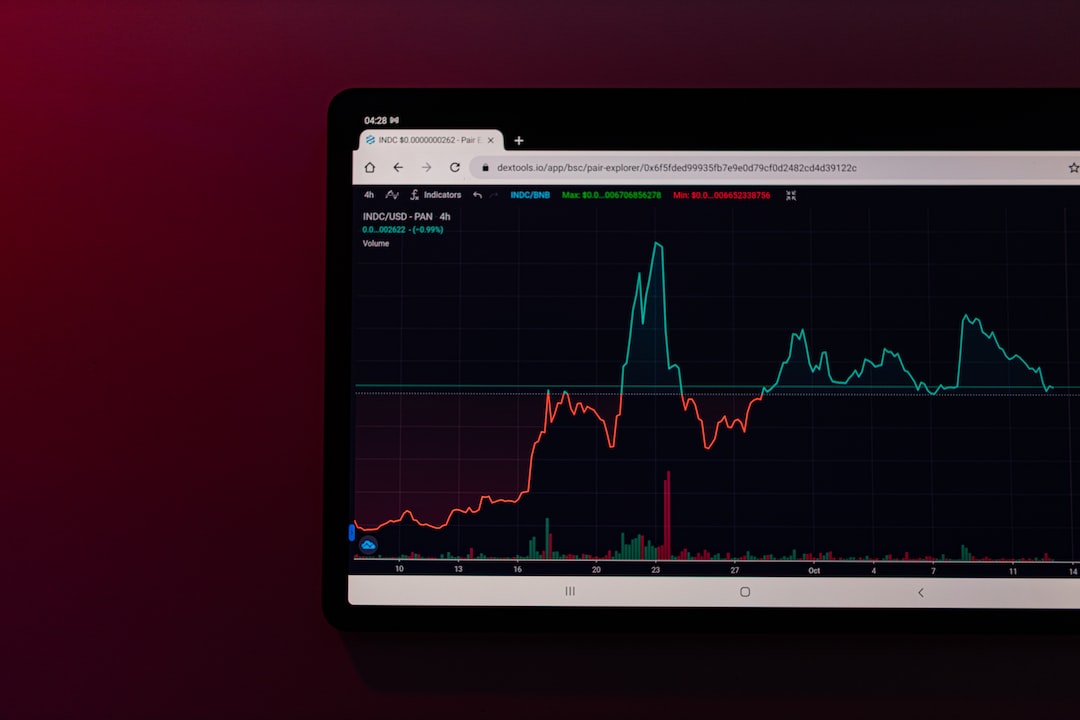SEC loses court cases on cryptocurrency regulation
The SEC has recently faced a series of defeats in court cases related to cryptocurrency regulation. These losses have raised concerns about the SEC’s understanding of the asset class and its ability to effectively regulate the industry.
Key points:
– SEC’s lawsuit against Ripple dismissed: The SEC filed a lawsuit against Ripple Labs, alleging that its native cryptocurrency XRP was an unregistered security. However, the court ruled in favor of Ripple, stating that the SEC had failed to prove that XRP was a security.
– SEC’s attempt to regulate ICOs challenged: The SEC’s regulatory approach to Initial Coin Offerings (ICOs) has also been challenged in court. Several companies accused of conducting unregistered securities offerings through ICOs have successfully argued that their tokens do not qualify as securities.
– Legal uncertainty for the crypto industry: The SEC’s losses in these court cases have created legal uncertainty for the crypto industry. Companies and individuals are unsure about the regulatory status of cryptocurrencies and how they can navigate compliance requirements.
– Possible need for clearer regulations: The court cases highlight the need for clearer regulations in the cryptocurrency space. The SEC’s current approach has been criticized for being vague and inconsistent, leading to confusion and hindering innovation.
– Impact on the broader crypto market: The SEC’s struggles to regulate cryptocurrencies may have a broader impact on the market. Investors and market participants may become more cautious and hesitant due to the uncertainty surrounding regulatory actions.
Hot Take:
The SEC’s recent losses in court cases related to cryptocurrency regulation have exposed its lack of understanding and clarity in the space. This raises questions about the agency’s ability to effectively regulate the crypto industry. The lack of clear regulations and inconsistent enforcement actions create a challenging environment for companies and individuals operating in the crypto market. It is crucial for regulators to develop a better understanding of cryptocurrencies and establish a comprehensive regulatory framework that fosters innovation while ensuring investor protection.





 By
By
 By
By
 By
By
 By
By
 By
By
 By
By